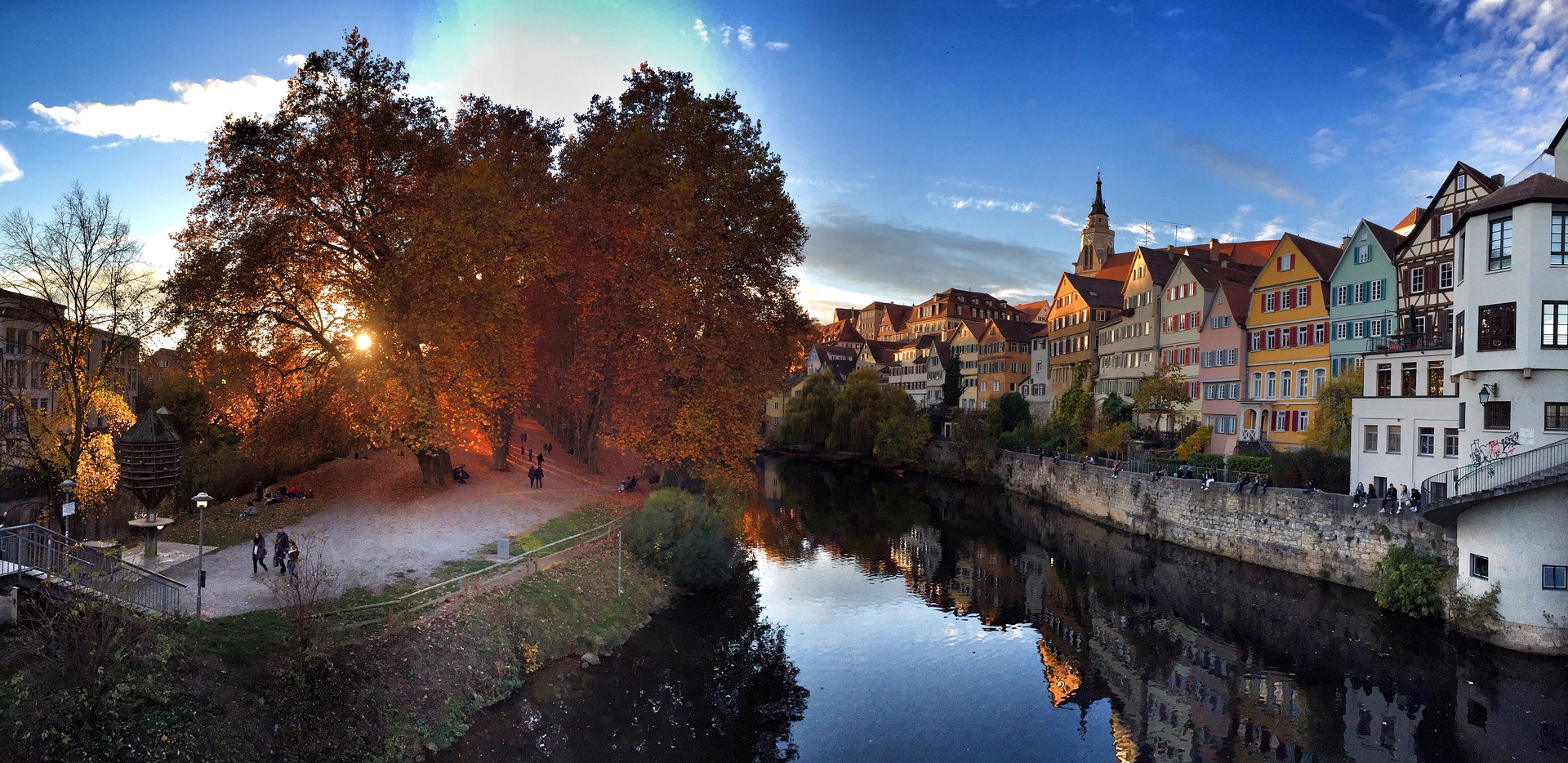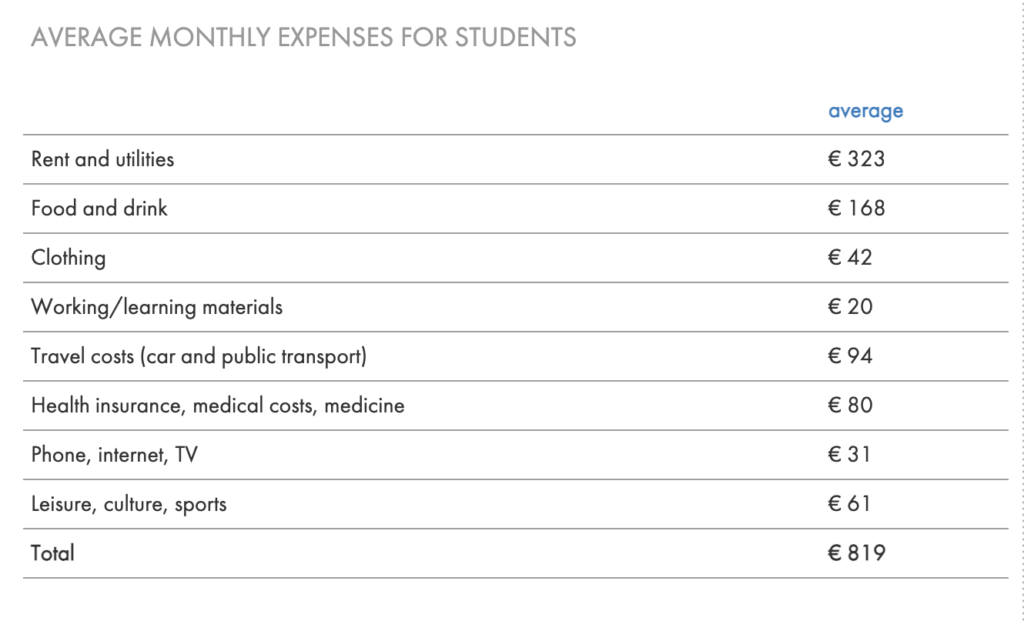How to Study in Germany for Free

Are you looking for a high-quality university education that is actually free? Do you want to move to work in Europe’s strongest economy for work? In this post, I will share how to study in Germany for free.
If we would spend on education half the amount of money that we currently lavish on sports and entertainment, we could provide complete and free education for every student in this country.
– Benjamin Carson
Contents
- 1 Why Study in Germany?
- 2 How to Study in Germany for Free
- 3 Conclusion
Why Study in Germany?
Germany is the Top Country for Job Opportunities
Germany is one of the top countries for job opportunities.
Learn how to immigrate to Germany for work.
Why Study is the Best Way to Immigrate for Work?
The best way to immigrate to Germany for work is to pursue higher education in Germany.
First, higher education for most universities in Germany is free. It imparts education in both German and English.
Second, it provides an ideal opportunity to learn German while still studying.
Third, it helps immigrants assimilate into the German way of life and imbibe their culture early on.
Fourth, with a German university education, it is much easier to apply and find jobs in Germany.
Fifth, it sets the stage for a faster permanent residency in Germany.
One would need to learn German while living and studying in Germany. There are public universities that provide free education in English as well. If one can learn German fast and willing to do their university education in German, they can have more options.
How to Study in Germany for Free
Germany has free higher education for students of all nationalities in its public universities, unlike most other countries.
Why Does Germany Provide Free Higher Education?
Germany is likely the only country in the world that provides free university education not only to its citizens but also to all other countries, including third world countries. So if you are looking for higher education or planning one for your kids, Germany could be your first choice.
Everyone has Right to Higher Education
Germany believes everyone has the right to higher education, no matter what the financial background of the students is.
Students Can Contribute to German Economy
So why does Germany spend its taxpayer money to provide free higher education to students from other countries? Germany believes if students study in Germany and work there even for a couple of years, it pays back the investment the country’s taxpayers incur. Most likely after, students would continue to live and work in Germany and contribute to its economy.
Ageing German Population
The population in Germany has been also aging, so it needs immigrants to fuel its booming economy, and nothing better than trying to bring in immigrants as students who not only learn German early on and get imbibed in the German culture well.
German Way to Give Back to Global Economy
The free university education that Germany provides is also a way for Germany to give back to the global economy and build its global influence.
Top German Universities
According to StudyinGermany top 10 German Universities for International Students in 2020 are:
- Technical University of Munich
- Ludwig Maximilian University of Munich
- Ruprecht Karl University of Heidelberg
- Humboldt University of Berlin
- KIT, Karlsruhe Institute of Technology
- Free University of Berlin
- RWTH Aachen University
- Berlin Institute of Technology
- Eberhard Karls University of Tübingen
- Albert Ludwig University of Freiburg
Other Online Resources to Explore Universities in Germany
- Topuniversities
- Mastersportal
- Timeshighereducation
- DW
- Mygermanuniversity
- Studyeu
- Usnews
- Gooverseas
- Edarabia
- Shikshastudyabroad
Cost of Study and Living While Studying in Germany
According to StudyinGermany, the monthly expenses are around €819. There is a semester contribution of around 250 euros per semester. That is not the same tuition fees, for most public universities there are no tuition fees.
There is one exception since the 2017/18 winter semester, the federal state of Baden-Württemberg has charged non-EU citizens tuition fees of 1,500 euros per semester for their Bachelor’s degree, Master’s degree, and German “Diploma” degree.

Earning Money During Living and Studying in Germany
One can take care of most of the expenses of working part-time in Germany. According to StudyinGermany, if one coming from the European Union, Iceland, Liechtenstein, Norway, or Switzerland, then there is no limitation to the number of hours one can work. But if one is coming from a different country, then one may work 120 full days or 240 half days per year. They do not allow one to undertake self-employment. Anyone wanting to work more than this must seek permission from the Agentur für Arbeit (local employment agency) and the Ausländerbehörde (foreigners’ registration office). It also depends on the level of unemployment in a federal state. The 120-day rule does not apply to student assistants. There are no restrictions on these jobs at the university.
How much one earns a part-time job will very much depend on expertise, the region, and the work sector. Inexpensive cities like Munich, Hamburg or Cologne, one will receive more money but expenses will be higher. Germany established a minimum wage in 2015, check the current amount on the website of the Bundesministeriums für Arbeit und Soziales (Federal Ministry of Labor and Social Affairs). They mostly pay student assistants, production assistants in industry, or temporary staff at trade fairs better than the minimum wage.
It is tough to fund entire living costs from non-academic part-time jobs. You can also apply for a grant.
One can have a student job and earn up to 450 euros per month without having to pay taxes.
Visas to Study in Germany
One would need to move to Germany on a student visa for international students, but there are exceptions to countries that don’t need a visa. Click here to learn about whether you need a visa to enter Germany.
According to GermanyVisa, there are three types of visas meant for people intending to pursue educational activities in Germany:
- Language Course Visa (Visa for Language Learning)–for short German language educational activities lasting from 3 months up to 1 year.
- Student Applicant Visa (Visum Zur Studienbewerbung)–if one is trying to find the right program but still hasn’t got the confirmation letter from the University.
- Student Visa (Visum Zu Studienzwecken)–if accepted to a German university.
Conclusion
If you are looking for free and quality higher education, you could consider Germany. And later live and work in the strongest economy in Europe.
What do you think about free public university education in Germany? Does it make sense to study there and later continue to work there? Thoughts?

Leave a Reply
You must be logged in to post a comment.